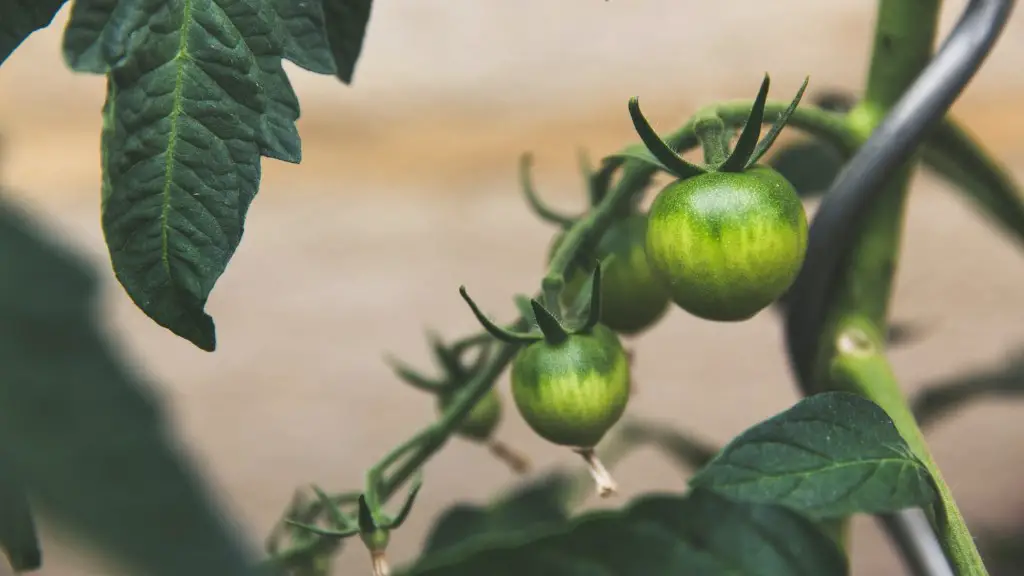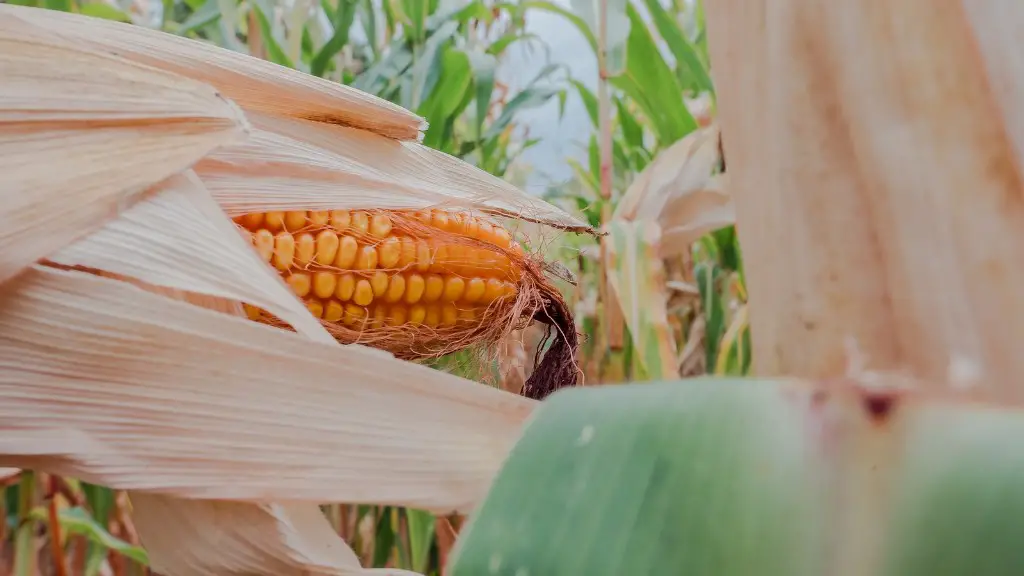It’s well known that stem cells have various applications within the medical sector, but did you know stem cells can be used to create new products and grow plants in agricultural processes too? Stem cells allow for farming operations to begin and complete a cycle of growth in a much shorter span of time than traditional farming. Here’s how stem cells are revolutionising the agricultural industry.
Stem cells offer an efficient way of propagating new varieties of plants and also reproducing those that are easily found in nature. Stem cell technology increases yields by allowing for faster and larger scale production of unique plants. It also helps the agricultural industry through supplying high-quality seeds and plants, making it straightforward to work with new varieties of plants and genetic manipulations.
Stem cells have also opened up new opportunities in farming as they can be used to create hardier foods and increase the nutritional value of plant products. These cells can be cultivated and then used to develop disease-resistant crops and fertilisers that increase the growth of the crop and its yield. For example, modified potatoes using stem cells could be engineered to produce a higher yield than regular potatoes, making them particularly attractive to those involved in commercial farming.
Another advantage of using stem cells in agriculture is that they can be used to create new products with different properties. For example, scientists have used plant stem cells to produce food products with improved flavour and texture and with a greater nutritional value. This is particularly beneficial as it can help to increase the variety of food products available on the market, allowing farmers to diversify their crop selection.
Finally, stem cells are also being used to develop sustainable alternative sources of energy. Plant derived products such as biofuels can easily be created using stem cells, which can be used to power vehicles and other machinery. This helps to reduce our dependence on fossil fuels and can lead to cleaner forms of energy production, thereby reducing impacts on the environment.
The Role of Stem Cells in Genetic Modification
Stem cells can also be used to genetically modify plants and crops, and this is being used to introduce new traits and characteristics into the crop. This can help to increase crop yields and make the crops more resistant to pests and disease. In addition, the use of genetic modification through stem cells can also help to create new varieties of plants and crops that are more resilient and better suited to drier climates.
The stem cells used in genetic modification are usually taken from the plant tissue, and then used to alter the plant’s DNA. This can result in the plant being able to resist disease, or to produce certain compounds that can be used for food and/or industrial purposes. For example, modified corn can be produced that is resistant to certain pests, or that can produce higher yields.
In addition, this process can also allow scientists to introduce genes from other plants into the crop, thus enabling them to create hybrid varieties of plants. For example, one could create a hybrid potato that has the perfect balance of flavour and aroma, or one that has a unique colour. This level of genetic modification gives farmers access to a wider range of crop options and could potentially result in improved yields.
Overall, the use of stem cells in agricultural settings has opened up a range of possibilities. From developing more efficient methods of propagation to creating hardier foodstuffs and energy sources, stem cells have become an invaluable tool in the modern agricultural industry.
The Role of Stem Cells in Plant Breeding
Stem cells are also being used in plant breeding, as they allow crops to be reproduced with desired traits. The cells can be taken from existing plants, and used to create a new, genetically identical clone of the original. This cloning process is used to propagate disease-resistant varieties of plants, as well as to increase the yield of specific crops.
In addition, stem cell technology can also be used to improve the quality of certain foods and to introduce desired traits into existing varieties. For example, by using stem cells, scientists can introduce genes from other plants into staple foods, such as wheat or corn, to make them more resistant to disease, pests or drought. This improves the quality and reliability of food sources, and also helps to reduce the dependence on imported food products.
Stem cells are also used to create unique hybrid varieties of plants. By combining the genomes of different plants, scientists can create new varieties of food products that are more resilient and nutritious than their predecessors. These new hybrids can be used to improve production yields and to reduce the reliance on imported foods.
Finally, stem cells can also be used to create genetically modified proteins, which can be used to produce new crops or enhance existing crops. This is useful for creating hardier foodstuffs that are disease resistant and drought tolerant, as well as for producing food products that are higher in nutrients and contain antioxidants.
The Benefits of Stem Cells in Agriculture
Overall, the use of stem cells in agriculture has a number of benefits. It allows for the development of new varieties of plants, as well as hybrid varieties that are more resilient and nutritious than their predecessors. In addition, it also allows for the production of hardier foodstuffs and energy sources that are better suited to the environment.
Furthermore, stem cells can also be used to create genetically modified proteins, which can be used to introduce desirable traits into existing crop varieties. This helps to increase yields and reduce the reliance on imported food, thereby improving food security and boosting food production.
Finally, stem cell technology also makes it easier and more efficient to propagate new varieties of plants and to reproduce those that are already in existence. This helps to increase the range of food products available, and also boosts yields across the agricultural industry.
The Potential Impact of Stem Cells on Agriculture
Stem cell technology has the potential to revolutionise the agricultural industry, as it offers an efficient way of propagating new varieties of plants and also reproducing those that are already in existence. This could help to increase food security and reduce the reliance on imported foods, as well as increasing the range of food products available on the market.
In addition, the use of stem cells could help to develop new crops and hybrids that are better suited to drier climates, and that are more resistant to pests and disease. This could help to increase crop yields, as well as making it easier for farmers to diversify their produce.
Finally, stem cells can also be used to create genetically modified proteins, which can be used to introduce desirable traits into existing crop varieties. This could potentially help to improve yields, as well as to make food products more nutritious and to reduce the environmental impact of food production.
The Challenges of Using Stem Cells in Agriculture
Although stem cells have the potential to revolutionise the agricultural industry, they could also bring with them some challenges. For instance, the safety of these products is a major concern, and it’s important to ensure that they do not cause any harm to human health or to the environment.
In addition, there is also the potential for stem cell technology to lead to increased corporate control over food production. This could result in a situation where certain companies control the supply of certain food products, thus threatening the traditional way of farming. Therefore, it is important to ensure that stem cell technology is used responsibly and for the benefit of the whole agricultural industry.
Finally, stem cells can also be used to create genetically modified proteins, which could lead to ethical and environmental issues. For instance, it could lead to unpredictable hybridisation and the creation of genetically modified organisms, which could in turn lead to further environmental damage.
Overall, stem cells can offer a number of advantages to the agricultural industry. However, it is also important to ensure that they are used responsibly, as they could potentially result in unintended consequences if not used with caution.





